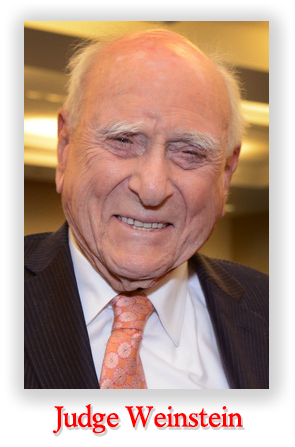We post news and comment on federal criminal justice issues, focused primarily on trial and post-conviction matters, legislative initiatives, and sentencing issues.

NOVEL MARIJUANA CLAIM CAN PROCEED ON § 2241 PETITION, 10TH CIRCUIT SAYS
Aaron Sandusky, who ran a medical marijuana farm in California, was indicted for violating 21 USC § 841. Despite the fact his operation complied with California law, he was convicted and got 120 months.
 After his direct appeal was turned down, Aaron filed a habeas corpus motion under 28 USC § 2241, arguing that a congressional appropriations rider prevented the Bureau of Prisons from spending any funds to incarcerate him during the applicable time period of the appropriations rider. The district court dismissed the petition for lack of subject matter jurisdiction, concluding that the proper vehicle for Aaron’s claim was a motion under 28 USC § 2255 filed in the sentencing court.
After his direct appeal was turned down, Aaron filed a habeas corpus motion under 28 USC § 2241, arguing that a congressional appropriations rider prevented the Bureau of Prisons from spending any funds to incarcerate him during the applicable time period of the appropriations rider. The district court dismissed the petition for lack of subject matter jurisdiction, concluding that the proper vehicle for Aaron’s claim was a motion under 28 USC § 2255 filed in the sentencing court.
Last week, the 10th Circuit reversed. The appeals panel held that a Sec 2241 motion is the proper vehicle for the relief that Aaron was seeking. “Section 2255 proceedings,” the Court said, “are used to collaterally attack the validity of a conviction and sentence… Federal prisoners challenging the validity of their convictions or sentences may seek and win relief only under the pathways described by § 2255.” Petitions under § 2241, on the other hand, are used to attack the execution of a sentence.
The Circuit concluded Aaron’s petition argued that Congress enacted the appropriations rider two years after he was convicted and sentenced in federal court, and it prohibited the BOP from spending any funds to “incarcerate individuals who engage in conduct permitted by State Medical Marijuana Laws and who fully complied with such laws.” In other words, Aaron asserted, the appropriations rider “forbids the Justice Department and the BOP from expending any funds to execute his sentence” and thus, “to abide by the law,” the BOP must release him.”
 Aaron argued that he was not challenging his conviction or sentence and, even if he won his § 2241 motion, he would “remain a felon in the eyes of the law, with all of the direct and collateral consequences that status imposes on his civic and professional life.” He argued that those consequences cost the government nothing, and thus were not affected by the rider. But spending to meet the cost of keeping Aaron locked up did violate the rider.
Aaron argued that he was not challenging his conviction or sentence and, even if he won his § 2241 motion, he would “remain a felon in the eyes of the law, with all of the direct and collateral consequences that status imposes on his civic and professional life.” He argued that those consequences cost the government nothing, and thus were not affected by the rider. But spending to meet the cost of keeping Aaron locked up did violate the rider.
The 10th Circuit agreed. “These allegations quite clearly challenge the execution of Bill’s sentence rather than the validity of either his convictions or sentence. He was not seeking to overturn his conviction, and he did not argue his conviction was imposed in violation of the Constitution or laws of the United States. “To be sure,” the Court said, “he is seeking to be released from the BOP’s custody. But, even if his proposed interpretation of the appropriations rider should prove to be correct and he establishes his entitlement to release, Congress could always decide in future appropriation acts to modify or exclude altogether the appropriations rider. In that event, the BOP would presumably be free to incarcerate Sandusky again and require him to complete the remainder of his sentence. For these reasons, we conclude that Sandusky’s habeas petition was challenging only the execution of his sentence, and not the validity of his conviction or sentence… and… his proper avenue for relief was § 2241 and not § 2255.”
Sandusky v. Goetz, 2019 U.S. App. LEXIS 37124 (10th Cir. Dec. 16, 2019)
– Thomas L. Root







